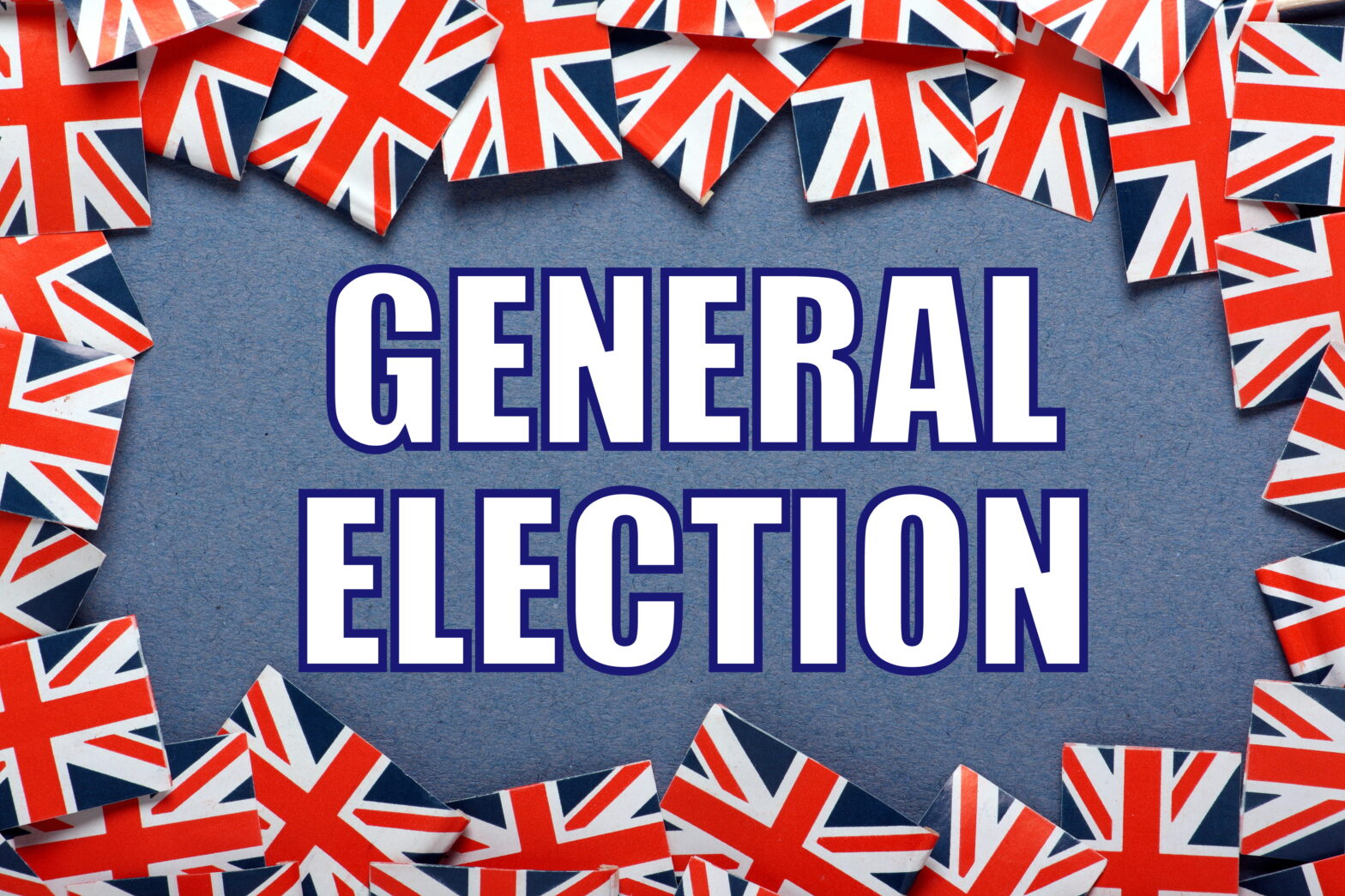With a second UK General Election in two years now days away, and following a fractious EU Referendum in 2016, the UK public still shows a strong appetite for political discourse. Despite the potential for political fatigue, and the taboo of declaring party allegiances in the office, nearly three quarters of Brits are happy to talk about politics at work, according to research from Peakon.
Following Prime Minister May’s calling of a snap General Election in April, Peakon analysts assessed the effect political intensity is having on workplace atmospheres across England, Scotland, Wales and Northern Ireland, by studying the attitudes of over 4,000 UK employees.
Key findings
UK employees are happier discussing politics at work than those in the US (72 per cent vs 66 per cent)
Conservative supporters are the most comfortable talking politics in the workplace (78 per cent). Green party voters are the least comfortable (62 per cent).
Whereas men and women are equally comfortable discussing politics with colleagues (73 per cent vs 72 per cent), female Conservatives (82 per cent) feel much more comfortable than female Labour supporters (68 per cent)
Comfort discussing politics at work increases with age: only 65 per cent of 18-24 year olds feel comfortable talking politics at work, compared to 79 per cent of 45-54 year olds
There is a potential generational flashpoint: among Baby Boomers, Conservatives are more likely than Labour voters to discuss politics in the workplace (86 per cent vs 64 per cent). Among millennials however, Labour supporters are more vocal than Conservatives (74 per cent vs 67 per cent).
Dan Rogers, co-founder of Peakon and an expert in employee engagement and workplace attitudes, comments, ‘Following two years of unprecedented political upheaval in the UK, it’s clear to see that the British people are debunking the traditional stereotype of a cultural unwillingness to discuss sensitive topics in public. With nearly three quarters of British workers indicating they are happy to debate politics in the workplace, there is the potential for tensions to run high around the watercooler as we approach the General Election.
‘Our research shows a particular willingness to disclose political opinions among Conservative-leaning Baby Boomers and Labour-supporting Millennials, which could be a flashpoint for office arguments.
‘While many British companies may be concerned that polarised political views in the workplace could have a negative impact on team cohesion and productivity, it’s important to note that diversity of opinions is something to be encouraged.
‘Diverse teams are more innovative and creative, and great business leaders are able to build a culture where everybody feels comfortable voicing their opinion. Whether the opinion is related to work, or current political affairs, world-class teams are able to discuss any issue in a constructive way.’





